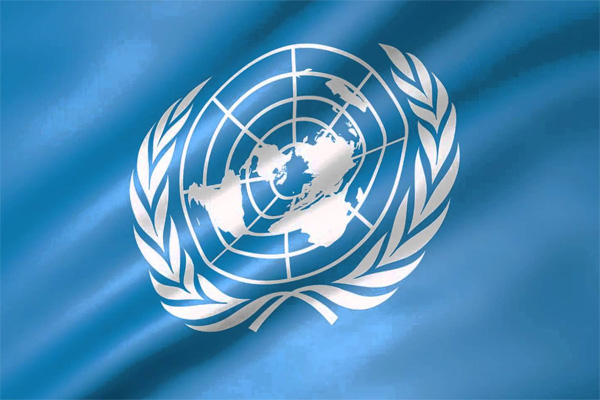
Progress slowed by social exclusion and environmental vulnerabilities in developing countries of Europe and Central Asia
However, the report also reveals that the countries in this region enjoy relatively high equality of education, health and living standards.
EntitledSustaining Human Progress: Reducing Vulnerabilities and Building Resilience, the Report, released in Tokyo today by Japanese Prime Minister Shinzō Abe, UNDP Administrator Helen Clark and Human Development Report Office Director Khalid Malik, provides a human development perspective on vulnerability and proposes ways to strengthen resilience.
The report analyzes life cycle vulnerabilities andidentifies moments in life (e.g., early childhood, old age) in which shocks can have greater impact. It also explores structural vulnerabilities – those that persist and compound over time as a result of discrimination and institutional failings to the disadvantage of groups such as ethnic minorities, the disabled and the long-term unemployed.
Social exclusion and structural vulnerabilities remain a challenge for Europe and Central Asia. Many developing countries in the region report low access to social services and social protection. Ethnic minorities like the Roma, as well as people with disabilities, the long-term unemployed, migrants, and residents of isolated rural and mountainous areas are especially vulnerable to development setbacks.
Because of its geography, the region is also vulnerable to natural disasters, especially earthquakes. A large earthquake in or near a major population centre could result in a humanitarian disaster, damage to regional infrastructure, significant refugee flows, and increased strain on often limited state capacity and social cohesion. Forecasts point to significant climate risks, ranging from threats of drought in Central Asia and the Caucasus, to increased risks of flooding in coastal areas in the Adriatic, Black, and Caspian Sea basins. As the report points out, those suffering from social exclusion tend to be the most vulnerable to these events when they occur.
“In middle-income countries, progress in sustainable development and poverty reduction requires reductions in inequalities, vulnerabilities, and exclusion, as well as better management of disaster and climate risks”, noted CihanSultanoglu, director of UNDP’s Regional Bureau for Europe and CIS. “This is particularly the case for the developing economies of Europe and Central Asia—many of which are still struggling to recover from the global financial crisis.”
Overall, the region comes second in the Human Development Index (HDI) rankings among developing regions, behind Latin America and the Caribbean. It surpasses world averages in life expectancy and mean years of schooling, but trails slightly in gross national income per capita. The region’s highest HDIs are reported for Montenegro and Belarus (ranked 51st and 53rd, respectively), while the lowest HDIs are for the Kyrgyz Republic (125th) and Tajikistan (133rd).
Europe and Central Asia compare favourably with other developing regions in inequality rankings as well, registering a below-average drop in human development values when adjusted for inequality. When measured by Gini coefficients, the Former Yugoslav Republic of Macedonia shows the highest income inequality, while Ukraine shows the lowest.
The 2014 Human Development Report calls for a commitment to full employment as a policy goal, the universal provision of basic social services, strengthened social protection, and better global coordination in shoring up resilience to vulnerabilities that are increasingly global in origin and impact. This report comes at a critical time for global development, as attention turns to the creation of a new post-2015 development agenda.